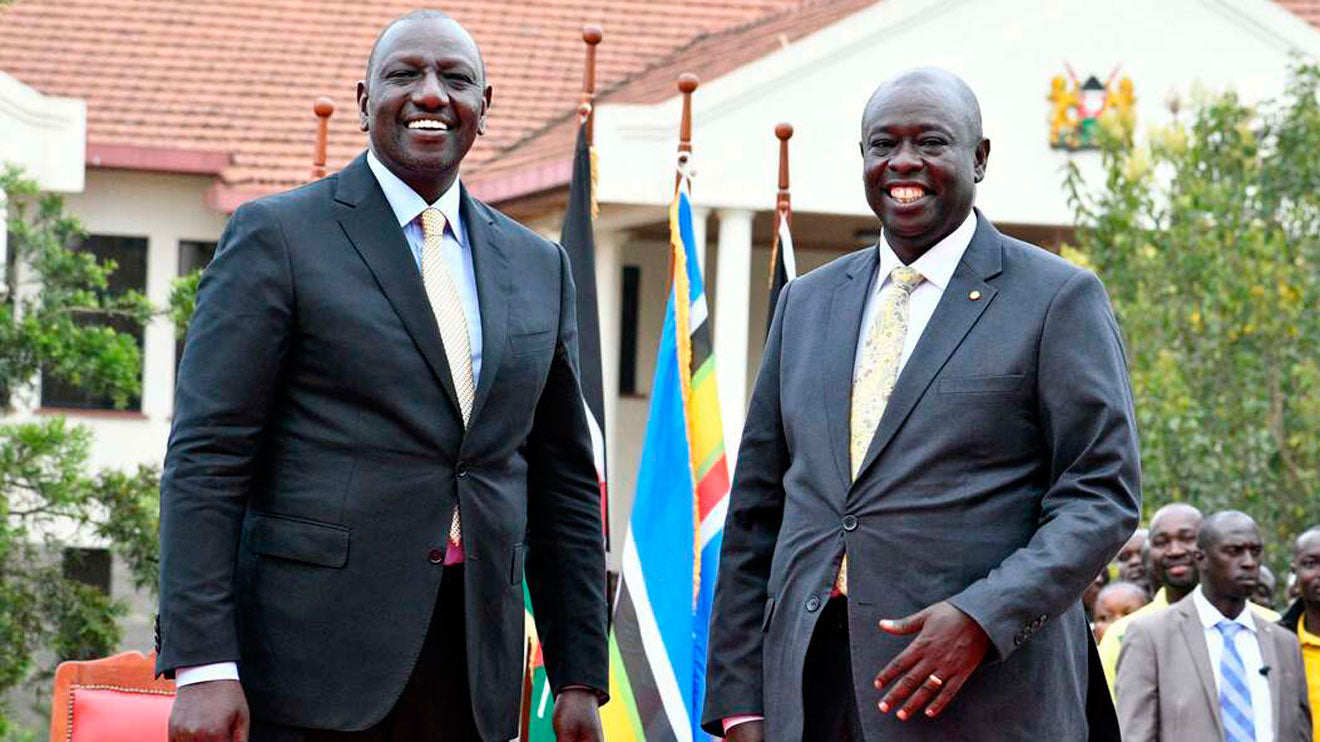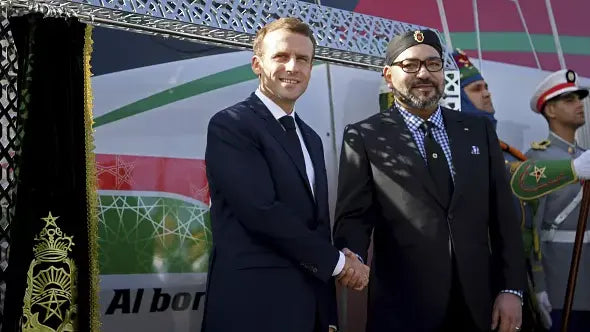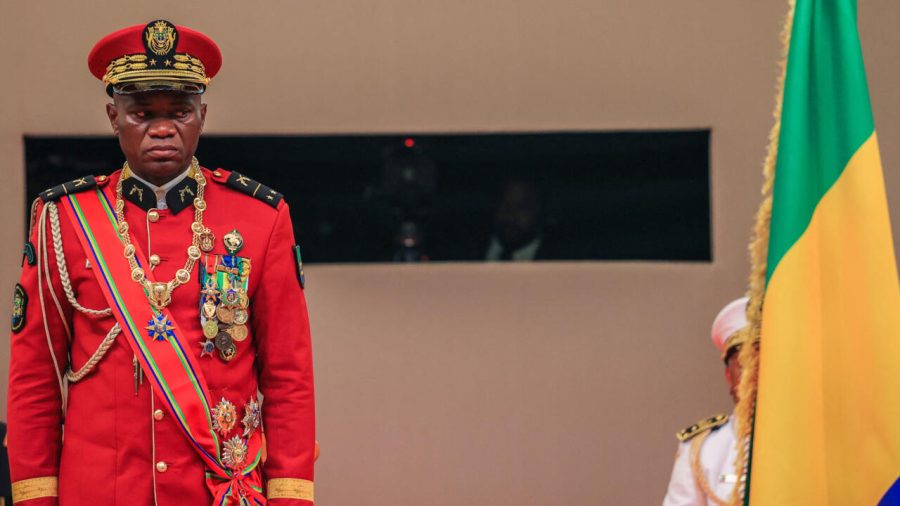
Kenya: Ousted VP Gachagua accuses assassination attempts, fiercely criticizes Ruto
Kenyan politics is going through a period of dramatic tensions following the dismissal of Rigathi Gachagua from his post as deputy president. The former number two did not mince his words, accusing his former ally, President William Ruto, of targeting his life. According to Gachagua, these threats are the result of a political war that has taken a personal turn, threatening his security and that of his loved ones. But beyond these accusations, it is the state of Kenyan democracy that seems more fragile than ever.
Gachagua: from vice president to political target
Rigathi Gachagua has always been a powerful man in Kenya, close to William Ruto during the last presidential election. But since his dismissal, Gachagua claims to have become a target. In a particularly virulent media intervention, he spoke of assassination attempts orchestrated by political actors close to President Ruto, whom he now describes as "vicious". This deterioration in their personal and professional relations is indicative of the depth of the power struggles within the Kenyan government.
The former vice president said he had recently stepped up his personal security after receiving credible threats. The nature of the threats was not specified, but they were symptomatic of a political rivalry that has spiraled out of control. He said attempts to remove opponents by force were not new in Kenya, but this time he was on the front line.
The Roots of Discord
The rift between Ruto and Gachagua did not grow overnight. The relationship between the two men has deteriorated steadily since the presidential election. Gachagua, who had initially aligned himself with Ruto, expressed disagreements over the handling of some economic and internal security reforms. However, it was his opposition to Ruto’s political strategy that marked the beginning of their rift. The president eventually removed him from office, a move that exacerbated the political crisis.
One of the major points of rupture between the two former allies concerns the management of the government. Gachagua accuses Ruto of having abandoned his campaign promises, of being authoritarian and of manipulating institutions to consolidate his power. These allegations resonate with the population, which is increasingly critical of Ruto's government.
A political climate in turmoil
Beyond the Gachagua-Ruto feud, the crisis reflects a broader political malaise in Kenya. The country, once seen as a pillar of stability in East Africa, is seeing its political scene dangerously fragment. Several analysts believe that Gachagua’s impeachment and the charges against the president could further inflame the situation.
The calls for reform and anti-corruption that were at the heart of Ruto’s campaign now seem far behind. The growing influence of a politics of retaliation and personalization of power is plunging the country into growing uncertainty. Gachagua, though contested, remains an influential figure in Kenya, and his accusations will only add to the instability that threatens the country.
Towards a resolution or an escalation?
The current crisis does not seem to have a clear end in sight. Gachagua, despite his impeachment, retains a strong following, both in political circles and among a section of the population. It is possible that his accusations will force Ruto’s government to adopt a more defensive stance, or even propose an investigation. But in an environment of growing internal dissensions, it is equally likely that this situation will turn into a direct, even violent, political confrontation.
Kenya is at a critical political crossroads. The question is no longer just whether Gachagua will be rehabilitated, but whether Kenyan democracy can survive this kind of palace wrangling without descending into a spiral of violence and institutional instability.



Leave a comment
This site is protected by hCaptcha and the hCaptcha Privacy Policy and Terms of Service apply.